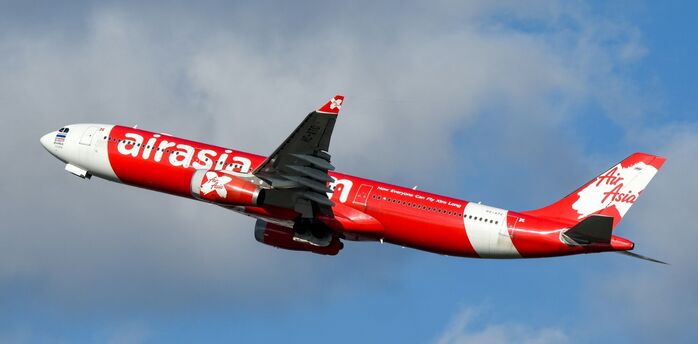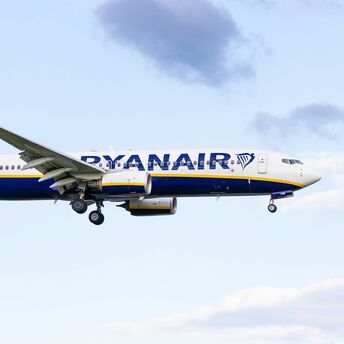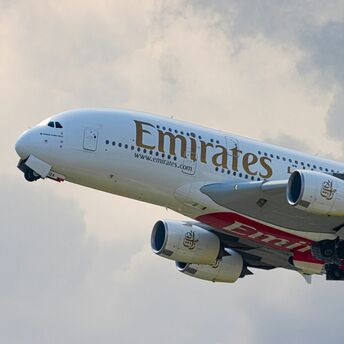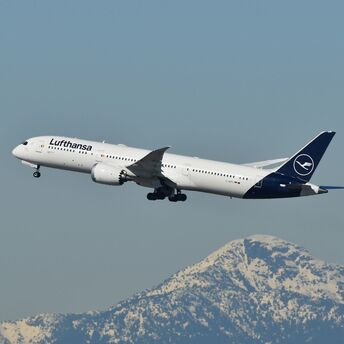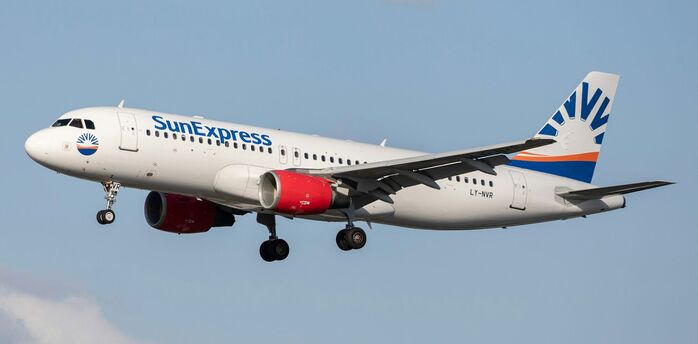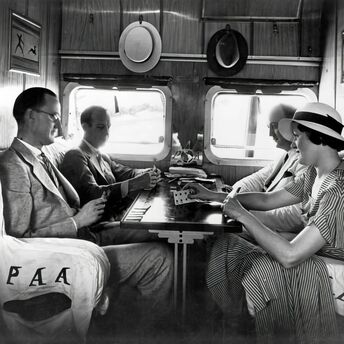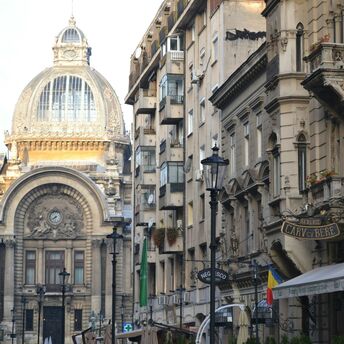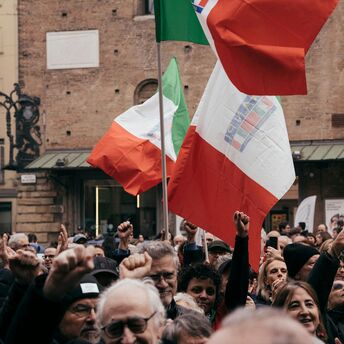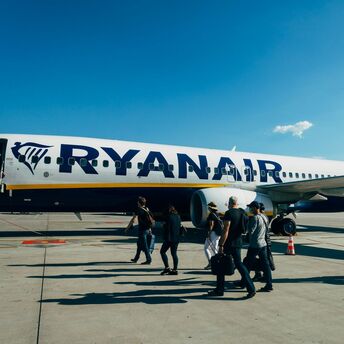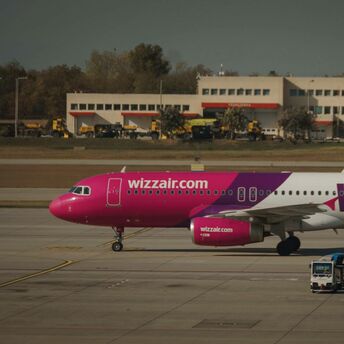Rail Delays and Route Changes in Manchester During Oasis Concert Week
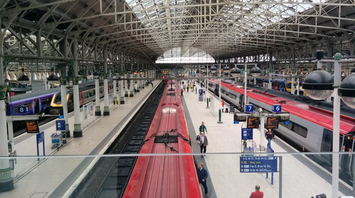
Five large-scale Oasis concerts are scheduled to take place in Manchester’s Heaton Park on July 11, 12, 16, 19 and 20. These performances mark the band’s first reunion since 2009 and are expected to attract more than 300,000 people in total. Public transport across the city is being reorganised to cope with the surge in travellers, affecting both local residents and visitors passing through.
Rail stations including Manchester Piccadilly and Victoria are expected to operate with crowd control measures during peak hours. At the same time, tram services between Piccadilly Station and Piccadilly Gardens will be suspended due to track works. Even passengers not attending the concerts may experience delays, rerouted services and reduced availability of evening trains.
The Oasis concerts at Heaton Park are going to be electric, and we have good plans in place to make people’s journeys through Manchester Piccadilly as smooth as possible.
The concerts have gained attention beyond the music scene as they represent a major public event on a regional scale. Each night, up to 60,000 attendees are expected at Heaton Park, many of whom will be arriving by public transport. This large concentration of people will have a visible impact on station capacity, tram platforms and central pedestrian routes throughout the week of the shows.
Travellers arriving in Manchester during this period are advised to plan ahead and check service updates in advance. Walking routes to Victoria Station are being signposted from Piccadilly, and additional shuttle buses will operate between Lever Street and the concert site. Trams from Victoria to Heaton Park will run every six minutes, but all services are expected to be crowded. Travelling light is a smart move, especially with packed carriages expected. Also, try not to count on the last trains of the night, as they’re likely to be full or even leave people behind.
For those visiting the city for unrelated reasons, this concert series may disrupt otherwise routine journeys. Hotels and public areas near the city centre may be busier than usual, and standard travel times could increase significantly. By preparing for detours and giving themselves extra time, passengers can avoid missed connections and reduce stress. The scale of this event serves as a clear reminder of how even short-term public gatherings can affect wider transport logistics.


